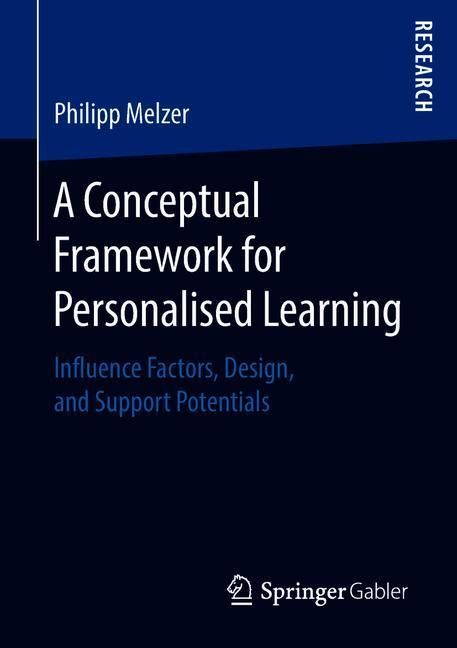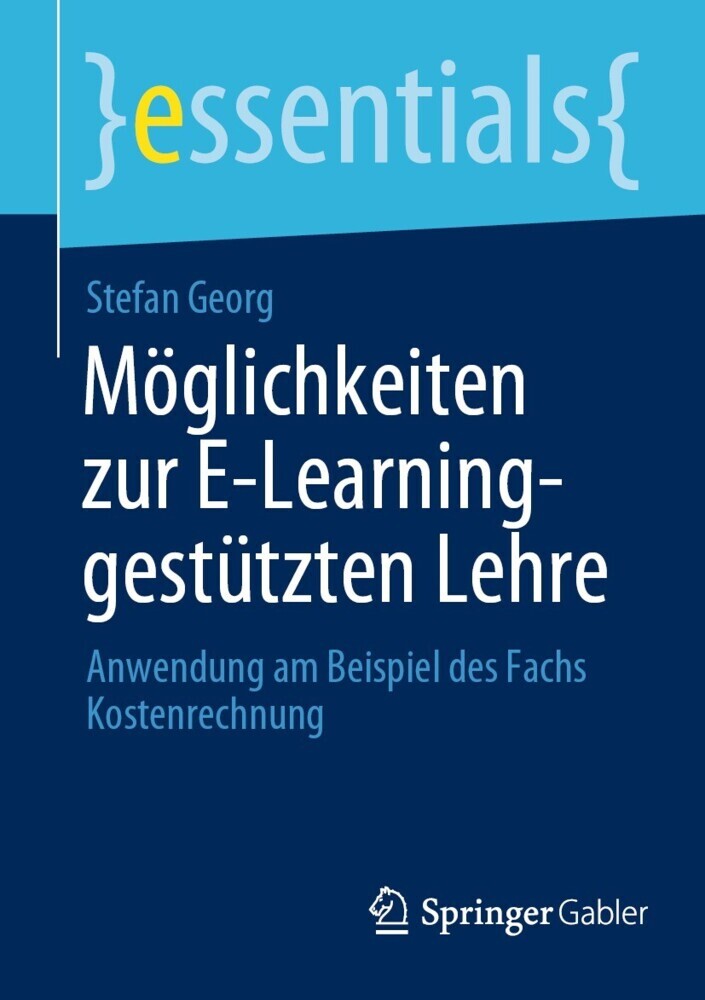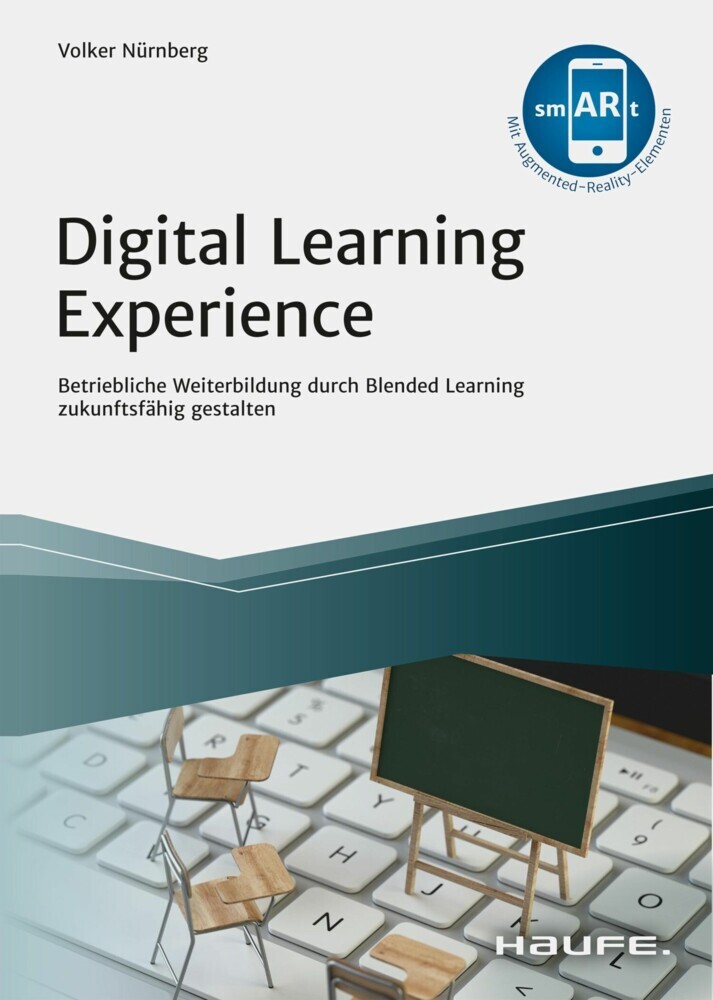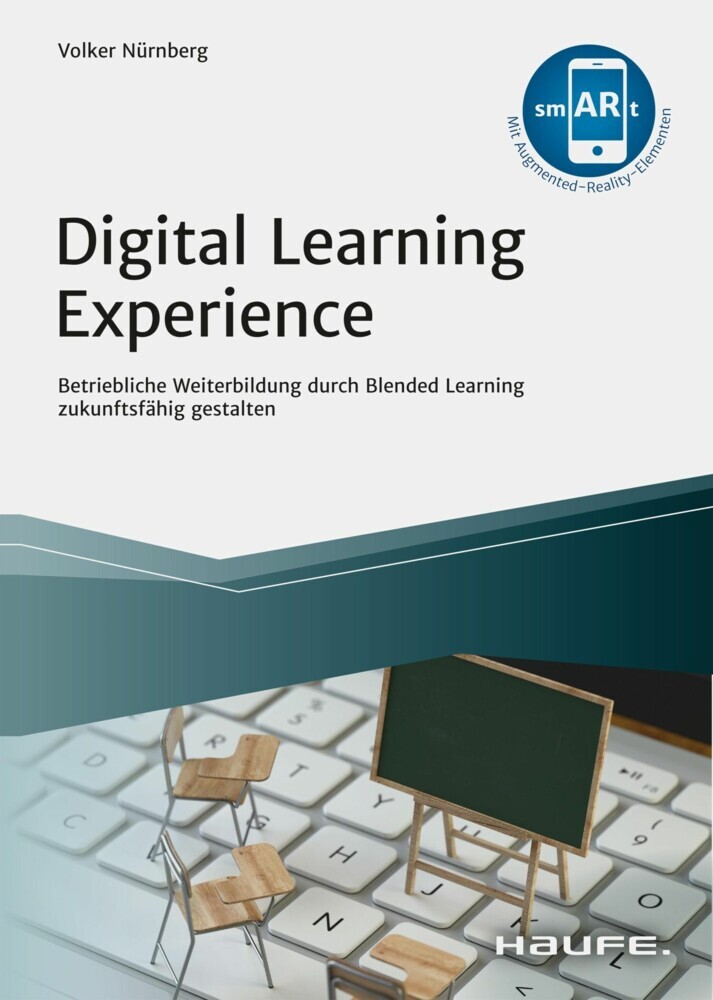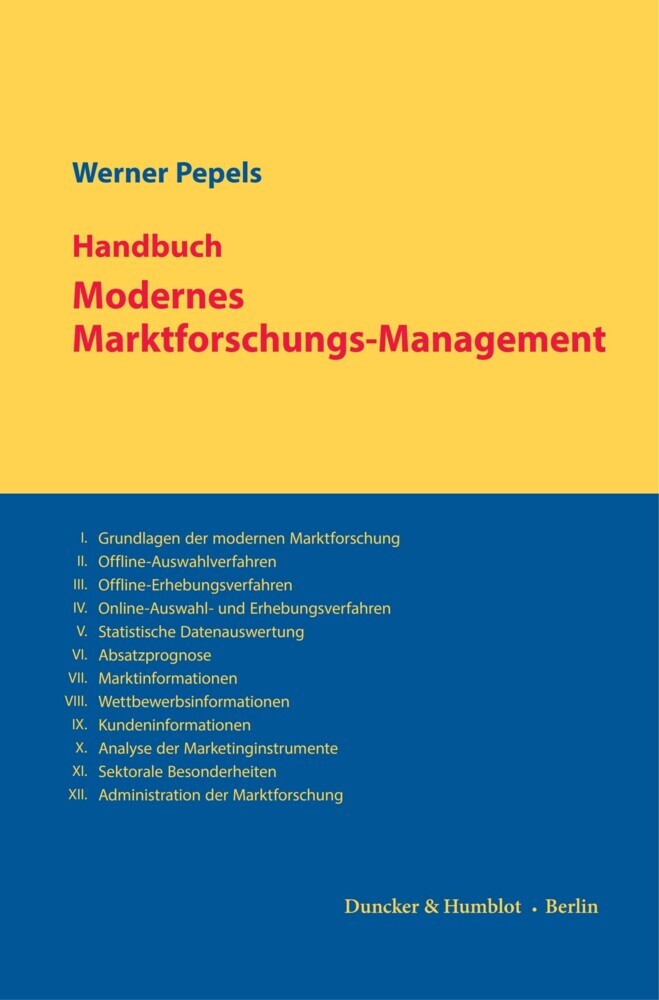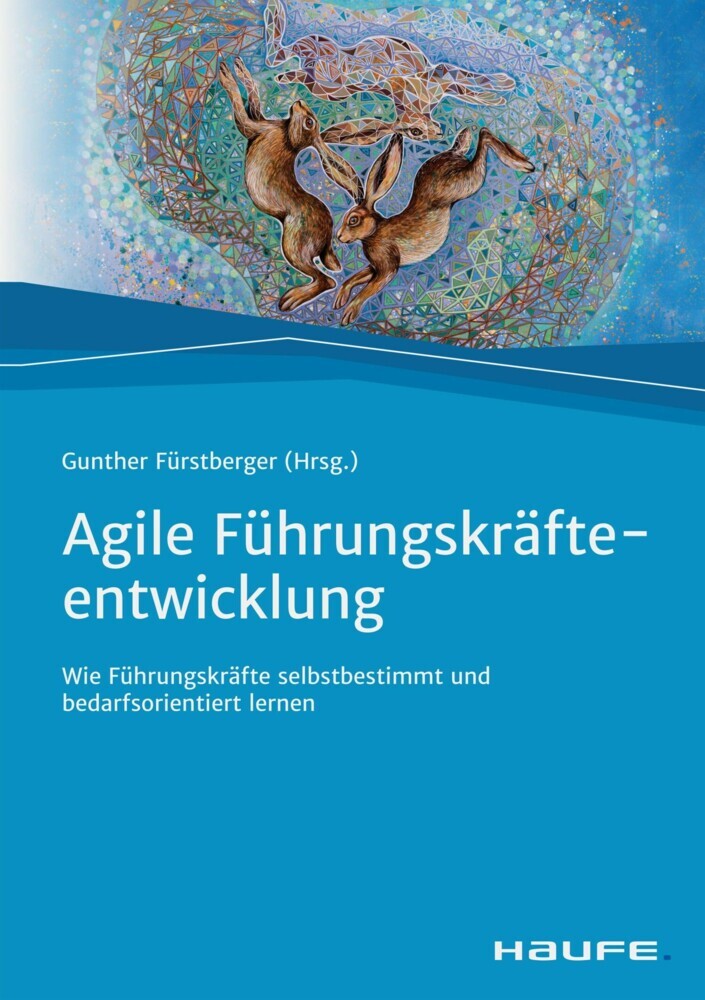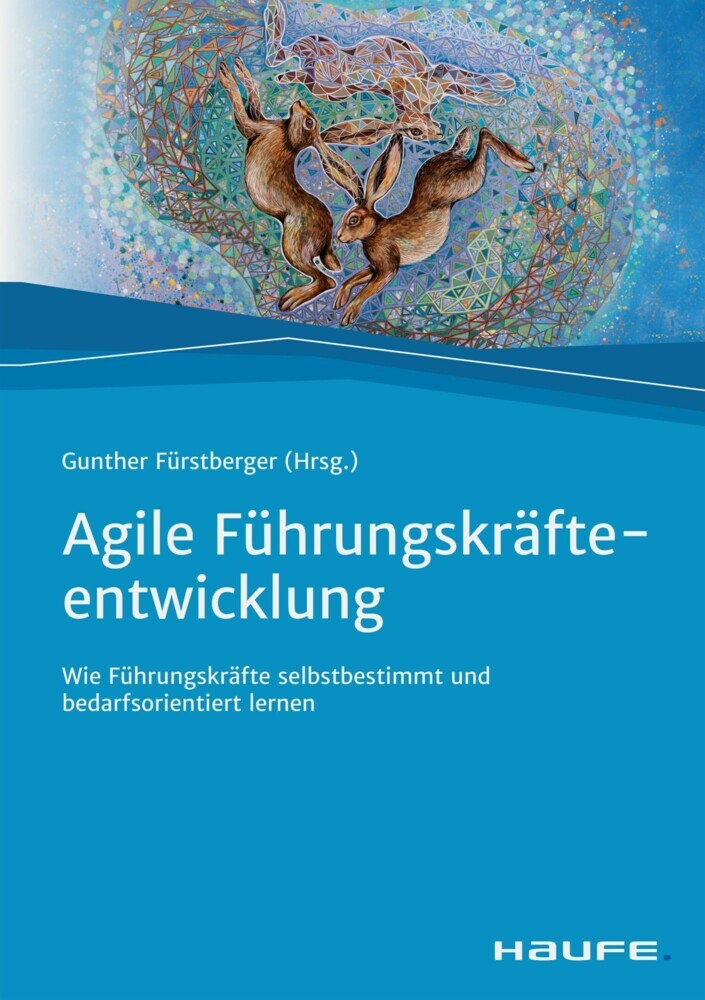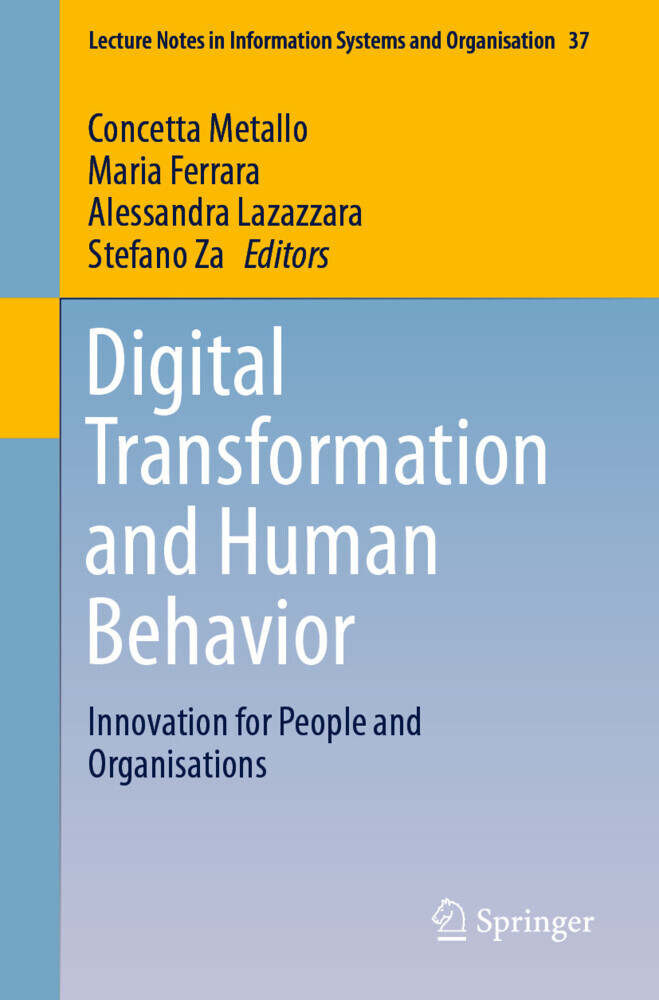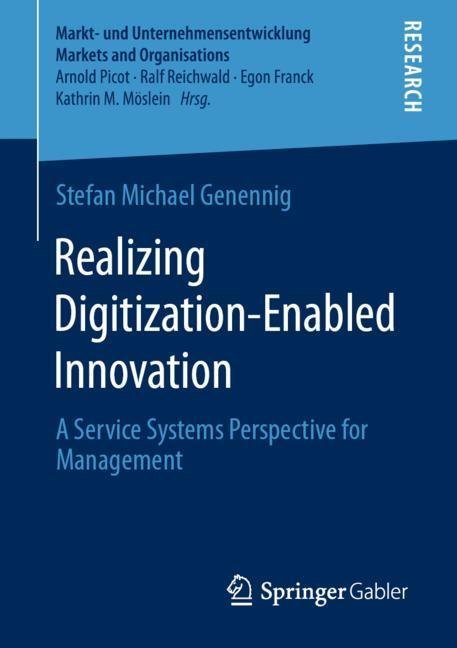A Conceptual Framework for Personalised Learning
Influence Factors, Design, and Support Potentials
A Conceptual Framework for Personalised Learning
Influence Factors, Design, and Support Potentials
Philipp Melzer analyses influence factors of personalised learning aiming to lay out design principles for personalised blended learning courses. Finding only weak support for a matching between learning styles and teaching methods,he defines learning tasks as the object of further investigations. Following the idea of a community of inquiry, the author develops the Personalised Learning Framework (PLF), modelling personalised learning as a process of selection as well as usage of learning tasks and learning tools by the community of inquiry. To evaluate the PLF further, a traditional university course is transformed to a personalised flipped classroom course. He shows how personalised learning can be supported in concrete learning interventions using specific learning methods and technologies.
Philipp Melzer is a research assistant at the Department Information Systems 1 - Organisational Communication at the University of Hohenheim.
Philipp Melzer is a research assistant at the Department Information Systems 1 - Organisational Communication at the University of Hohenheim.
1;Foreword;5 2;Preface;6 3;Table of Contents;8 4;List of Figures;12 5;List of Tables;14 6;List of Abbreviations;15 7;1 Towards a Design-Oriented Approach for the Investigation of Self-Regulated Personalised Blended Learning;17 7.1;1.1 Equal Progressions in Pedagogy and Technology;17 7.1.1;1.1.1 Perspectives on Personalised Learning;20 7.1.2;1.1.2 Research Questions and Scope;22 7.2;1.2 A Design-Oriented Research Methodology;24 7.2.1;1.2.1 Design Science Research in Information Systems;25 7.2.2;1.2.2 Design-Based Research in the Learning Sciences;27 7.3;1.3 Synthesis and Resulting Approach;28 8;2 The Effects of Personalised Negotiation Training on Learning and Performance in Electronic Negotiations;33 8.1;2.1 Personalised Negotiation Training to Improve Electronic Negotiation Skills;34 8.2;2.2 Creating Personalised Negotiation Trainings Based on End-User Training Best Practices;35 8.2.1;2.2.1 Training Methods and Related Learning Techniques;36 8.2.2;2.2.2 Learning Process and Individual Differences;37 8.2.3;2.2.3 Development of Personalised Negotiation Trainings Matching Training Methods and Learning Styles;38 8.3;2.3 Hypotheses;39 8.3.1;2.3.1 Individual Hypotheses;40 8.3.2;2.3.2 Dyadic Hypotheses;42 8.4;2.4 Methodology;44 8.4.1;2.4.1 Participants;44 8.4.2;2.4.2 Experiment Procedure and Measurement;44 8.4.3;2.4.3 Negoisst System;46 8.5;2.5 Results;46 8.5.1;2.5.1 Descriptive Results and Construct Validity;46 8.5.2;2.5.2 Hypotheses Testing;49 8.6;2.6 Discussion;57 8.7;2.7 Conclusion;60 9;3 A Conceptual Framework for Task and Tool Personalisation in IS Education;62 9.1;3.1 Introduction;63 9.2;3.2 Theoretical Foundations;64 9.2.1;3.2.1 Collaborative Electronic Learning;65 9.2.2;3.2.2 Personalised Learning;67 9.2.3;3.2.3 Cognitive Fit;68 9.2.4;3.2.4 Taxonomy of Learning Tasks;70 9.2.5;3.2.5 Taxonomy of Learning Tools;72 9.3;3.3 The Personalised Learning Framework;75 9.3.1;3.3.1 Cognitive Fit and Personalised Learning;76 9.3.2;3.3.2 Cognitive Fit and the Personalisation of Learning Tasks;77 9.3.3;3.3.3 Cognitive Fit and the Personalisation of Learning Tools;78 9.3.4;3.3.4 Synthesis of the Personalisation of Tasks and Tools;79 9.4;3.4 An Example Application of the Personalised Learning Framework;80 9.4.1;3.4.1 Teaching Electronic Negotiations in Information Systems;80 9.4.2;3.4.2 Advanced Negotiation Management: Status Quo;81 9.4.3;3.4.3 Advanced Negotiation Management: Introducing the Personalised Learning Framework;85 9.5;3.5 Discussion;89 9.6;3.6 Conclusion;91 10;4 Personalising the IS Classroom - Insights on Course Design and Implementation;92 10.1;4.1 Introduction;93 10.2;4.2 Theoretical Background;94 10.3;4.3 Methodology;98 10.4;4.4 Explanatory Design Theory;99 10.4.1;4.4.1 General Requirements;99 10.4.2;4.4.2 General Components;102 10.5;4.5 Practical Design Theory;106 10.5.1;4.5.1 Course Specifics of Advanced Negotiation Management;106 10.5.2;4.5.2 Creating a Personalised Flipped Classroom from Advanced Negotiation Management;109 10.5.3;4.5.3 Advanced Negotiation Management as a Personalised Flipped Classroom;110 10.6;4.6 Evaluative Discussion;112 10.7;4.7 Conclusion;115 11;5 Towards a Holistic Evaluation Concept for Personalised Learning in Flipped Classrooms;116 11.1;5.1 Evaluating Modern Teaching and Learning;117 11.2;5.2 Methodology;119 11.3;5.3 An Overview of Models and Instruments for the Evaluation of Personalised Learning;119 11.3.1;5.3.1 Self-Regulated Learning;120 11.3.2;5.3.2 Learning Outcomes;121 11.3.3;5.3.3 Adoption;122 11.3.4;5.3.4 Individual Factors;122 11.4;5.4 A Personalised Flipped Classroom University Course;123 11.4.1;5.4.1 The Personalised Learning Framework;123 11.4.2;5.4.2 From a Traditional Lecture to a Personalised Flipped Classroom;125 11.5;5.5 An Evaluation Concept for Personalised Learning in Flipped Classrooms;126 11.5.1;5.5.1 Methodology;126 11.5.2;5.5.2 Application of Measures;127 11.6;5.6 Discussion and Outlook;129 12;6 Discussion and Outlook;132 12.1;6.1 Discussion;132 12.1.1;6.1.1 A Comparison
Melzer, Philipp
| ISBN | 9783658230951 |
|---|---|
| Artikelnummer | 9783658230951 |
| Medientyp | E-Book - PDF |
| Copyrightjahr | 2018 |
| Verlag | Springer Gabler |
| Umfang | 167 Seiten |
| Sprache | Englisch |
| Kopierschutz | Digitales Wasserzeichen |

